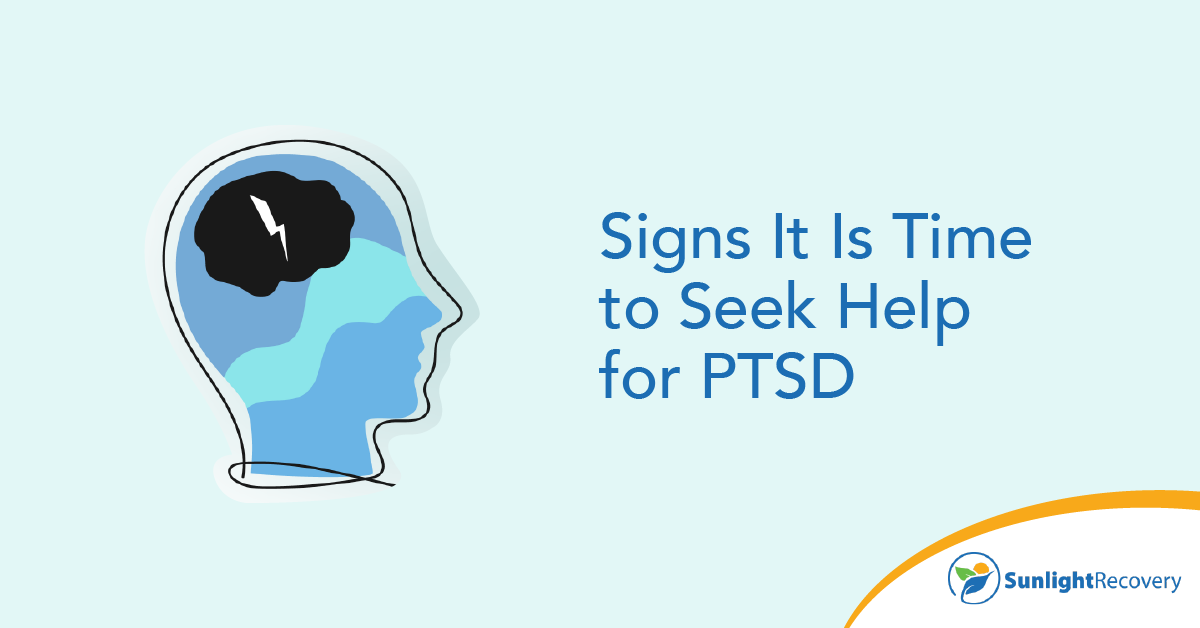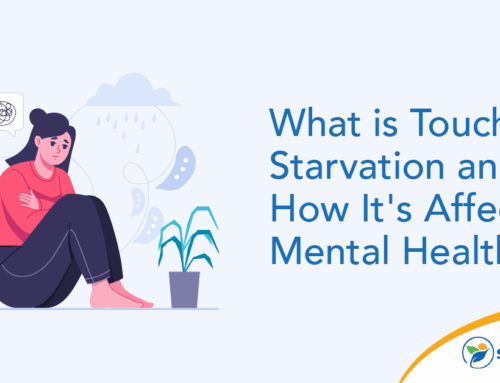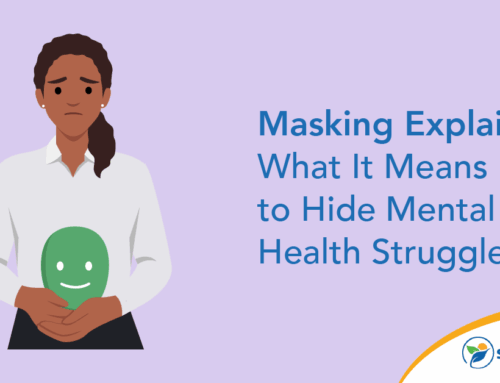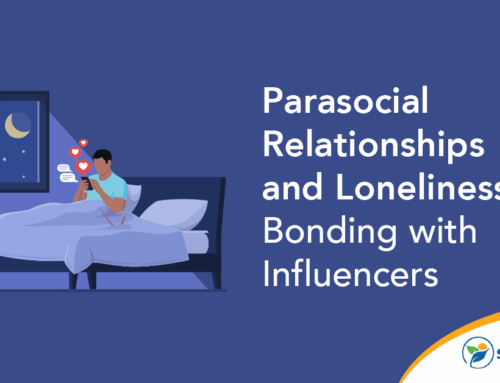Post-traumatic stress disorder (PTSD) is a common issue that can affect people after a traumatic life event. According to the U.S. Department of Veterans Affairs, the disorder affects around 8% of women and 4% of men at some point in their lives. While it’s normal to have a strong reaction to a traumatic event, many people wonder whether they should seek help for PTSD. So, how long does PTSD last, and when does PTSD go away? Keep reading to explore when to seek help for PTSD and what form that help might take.
Understanding PTSD and Its Symptoms
PTSD can take several different forms. However, the National Institute of Mental Health describes four key categories of symptoms:
- Intrusion. Flashbacks and vivid nightmares are common signs of PTSD. The individual experiencing the flashback might feel as if they’re reliving the trauma, either in its entirety or simply through intense emotions evoked by certain sights, smells or tastes.
- Avoidance. Someone living with PTSD might find themselves avoiding certain situations, people or places because of the memories those things trigger. They might be reluctant to talk about the triggering events or the reason they’re avoiding those locations.
- Mood changes or reduced cognition. Following a traumatic experience, an individual may experience low mood, slowed cognitive processes or difficulty with decision-making. They might feel guilt or shame related to the traumatic event.
- Heightened arousal or reactivity. Self-destructive behavior, anxiety, insomnia, and heightened arousal or angry outbursts can be side effects of PTSD. Some individuals find it difficult to regulate their emotions after trauma.
When Normal Stress Becomes a Problem
It’s normal to feel stressed after a difficult experience. A mental health professional might diagnose PTSD if a person experiences some of the symptoms listed above after a traumatic event and those symptoms persist for more than a month. Every individual’s response to trauma will be slightly different, but if someone is having several issues with mood swings, anger, impaired cognition or insomnia, there’s a good chance they’re experiencing a trauma response that goes beyond simple stress.
Persistent symptoms that interfere with a person’s ability to work, socialize, or maintain close personal relationships can be a serious problem, and it’s important to seek help for those symptoms. With proactive support and care, people can learn coping mechanisms that enable them to enjoy a normal, healthy lifestyle after trauma.
Red Flags That Signal the Need for Help
Traumatic events will naturally cause strong emotions. However, if those emotions don’t start to improve after a few weeks, it’s a good idea to seek help. Some warning signs to look out for include:
- A strong urge to avoid things related to the traumatic event
- Ruminating on the traumatic event
- Persistent headaches or nausea caused by stress
- Insomnia
- Depression
- Suicidal ideation
- Flashbacks
- Hyperarousal
- Difficulty concentrating
- Mood swings
Another warning sign to be aware of is significant changes in behavior patterns. For example, if someone who was previously not a frequent drinker or drug user starts indulging in such substances, this may be a warning sign of unresolved trauma.
How PTSD Affects Daily Life and Relationships
PTSD can make it difficult for a person to maintain healthy social relationships or even hold down a job. Flashbacks and avoidant behavior can both be unpredictable. If a person’s PTSD is triggered by common sights or sounds, this may make it difficult for them to engage in their usual activities. Depression, anxiety, and mood swings can also be damaging to social relationships. Friends and family members may be understanding of a person’s trauma in the early stages but struggle to empathize if the symptoms go untreated for a prolonged period of time. When a person becomes withdrawn and isolated due to PTSD, the loss of a support network could further amplify traumatic symptoms.
When Does PTSD Go Away?
Unfortunately, there isn’t a single answer to the question of when PTSD goes away. Every individual is different. Some people find the symptoms appear quickly but resolve themselves within a month or so without treatment. Others can struggle with PTSD for months or longer after the triggering event.
Recovery is more likely if a person seeks professional help from a therapist or counselor who specializes in trauma. A mental health professional can help a trauma victim understand their emotions, identify their triggers and find ways to cope with the strong emotions that arise when they’re reminded of what they went through.
Treatment Options for PTSD
There are several treatment options for PTSD. Before recommending a form of treatment, a primary care physician, therapist or counselor may evaluate a person’s symptoms and consider how long they’ve been having difficulties.
If the symptoms are mild or have been occurring for less than 4 weeks, a counselor might suggest active monitoring to see if the symptoms improve naturally over time. If the symptoms are more severe or persistent, they might recommend a form of talking therapy such as cognitive behavioral therapy (CBT) or eye movement desensitization and reprocessing (EMDR).
Some individuals don’t find therapy beneficial, either because they have an underlying medical condition, such as depression, that makes therapy less effective or because they’re at risk of further trauma. In these cases, a doctor may consider prescribing selective serotonin reuptake inhibitors (SSRIs) or other antidepressants as a treatment for PTSD.
Medication is typically used only as a short-term way of mitigating the symptoms of PTSD while the person finds other ways to cope with the symptoms, at which time the use of SSRIs is gradually reduced.
Taking the First Step Toward Recovery
If you’re experiencing symptoms of PTSD or concerned that one of your loved ones might be struggling with trauma, it’s important to seek advice as soon as possible. Early intervention can help people find effective coping strategies for PTSD and greatly improve a person’s quality of life.
At Sunlight Recovery, we have an experienced team of counselors and therapists who can assist with PTSD, anxiety, depression and co-occurring disorders such as substance abuse. We’re here to offer confidential advice and support and help people on the road to recovery. Contact us today to speak to one of our admissions team and discover how we can help you and your family better cope with the effects of PTSD.







